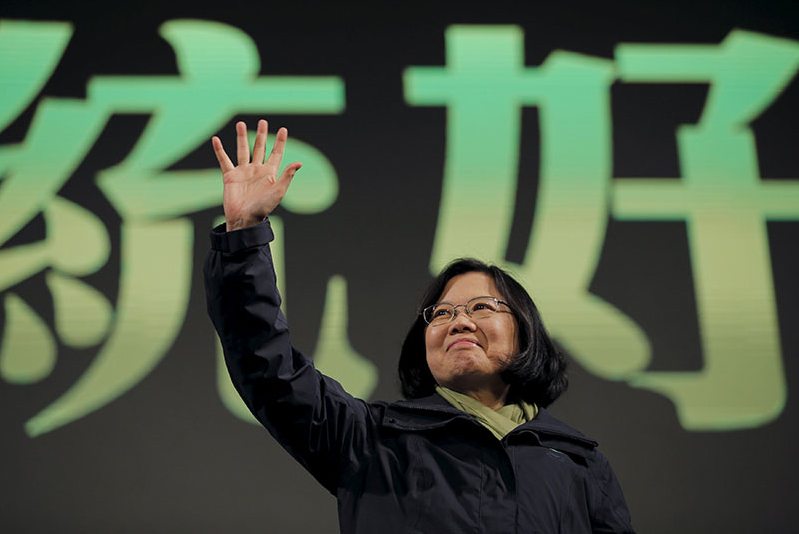
Taiwanese officials confirmed a fly-by of two Chinese nuclear-ready plane bombers close to the independent island prior to the phone conversation between US president - elect Donald Trump and Taiwan President Tsai Ing-wen late last month.
China reportedly confirmed that it authorized a fly-by on November 25, however, Taiwanese authorities provided details by indicating that the aircraft were actually two nuclear-capable H-6K long- range bombers.
According to NBC news, Chen Chung- chi, Taiwan Defense spokesman, said that both planes were accompanied by a convoy of surveillance and fighter jets. Although the planes looped around the island-state, it did not enter Taiwan airspace or its defense identification zone.
The phone call could be considered as a break in standard diplomatic protocol between the US and Beijing, since the former had no diplomatic relations with Taiwan since 1979. It recognized Beijing as the ruling government under the People's Republic of China.
This incident, according to political observers, may serve to highlight the sensitive relations between Beijing and Taiwan. Chen, however, dismissed that this had "absolutely no relation at all" to this assumption.
President Tsai, however, was quick to justify that the call does not propose any shift in foreign policy between the US and Taiwan. Trump, on the other hand, said that it was Taiwan who initiated the call.
"One phone call does not mean a policy shift," Tsai said. Taiwan's official stand is that this call is only an effort to seek balanced relations between the US and Beijing.
This controversial phone call, however, caused a stir in mainland China where officials went to the U.S Embassy in Beijing to file a protest claiming that it violated the US' 1979 pledge to support a one-China policy. The protest was confirmed by US State Department spokesperson Mark Toner, who said the Chinese government called the US Ambassador to China about it.
Meanwhile, Trump took to social media and tweeted his defense about the call with Taiwan. Trump has been openly criticizing some of China's policies, charging that devaluing their money was a deliberate attempt to make it harder for America to trade goods and products in the country.
Trump is also pointed out that China is also making its presence felt in the South China Sea in an effort to flex their military might in the region. His combative stand against China has been long-standing, way back during the campaign season. While some observers claim that it can be a strategy by Trump as a bargaining chip against China, others consider it to be a risky move that could backfire that may add to the existing tension between the US and China.







